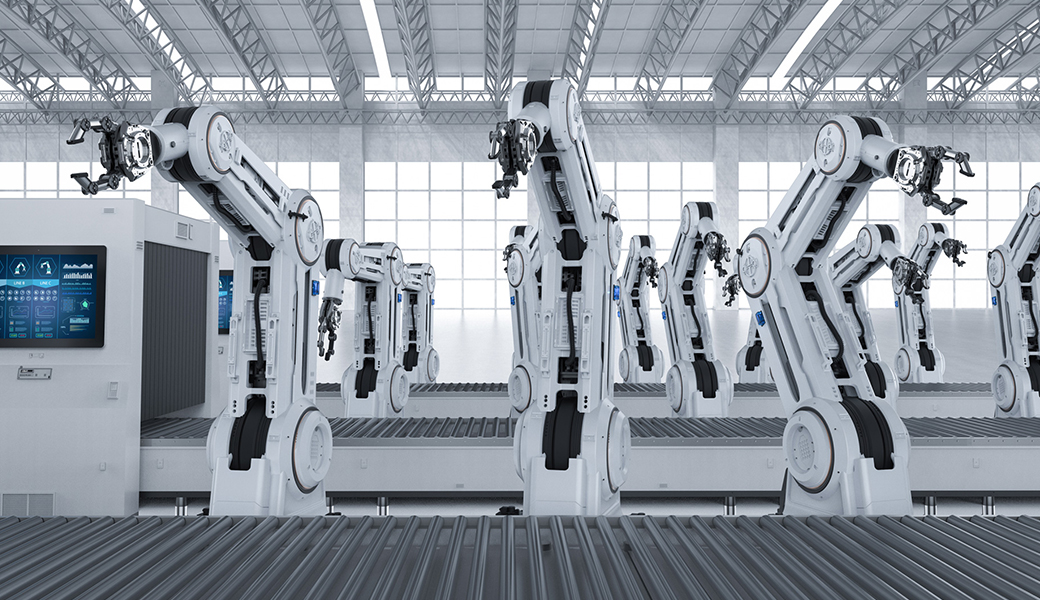
| Physical Features | Model | RCP8045 |
| Material | PTFE | |
| Color | Black | |
| Dimensions | 80 x 5 x 2 mm(L x W x T) | |
| Working Temp | -40~+85℃ | |
| Ultimate Temp | 180℃/10 hours; 250℃/150minutes; 280℃/50 minutes | |
| IP Code | IP68 | |
| Humidity | 98% Non-condensing | |
| RFID Features | RFID Standard | EPC C1G2 (ISO18000-6C) |
| Chip Type | NXP Ucode 8 | |
| Memory | User -N/A; EPC - 128 bits; TID - 96 bits | |
| Read Range(Fixed Reader) | FCC: 11.5 m, on metal; ETSI: 9.5 m, on metal | |
| Read Range(Handheld Reader) | FCC: 4.0 m, on metal; ETSI: 3.0 m, on metal | |
| Other Features | Data Storage | > 10 years |
| Re-write | 100000 times | |
| Installation | 3M adhesive, Rivet, Magnet, Screw | |
| Customization | Printing LOGO, Barcode, Serial number, Encoding, Designing,etc | |
| Application | Electricity and railway management | Industry automation management Metallic Asset management | Tool tracking,etc |



